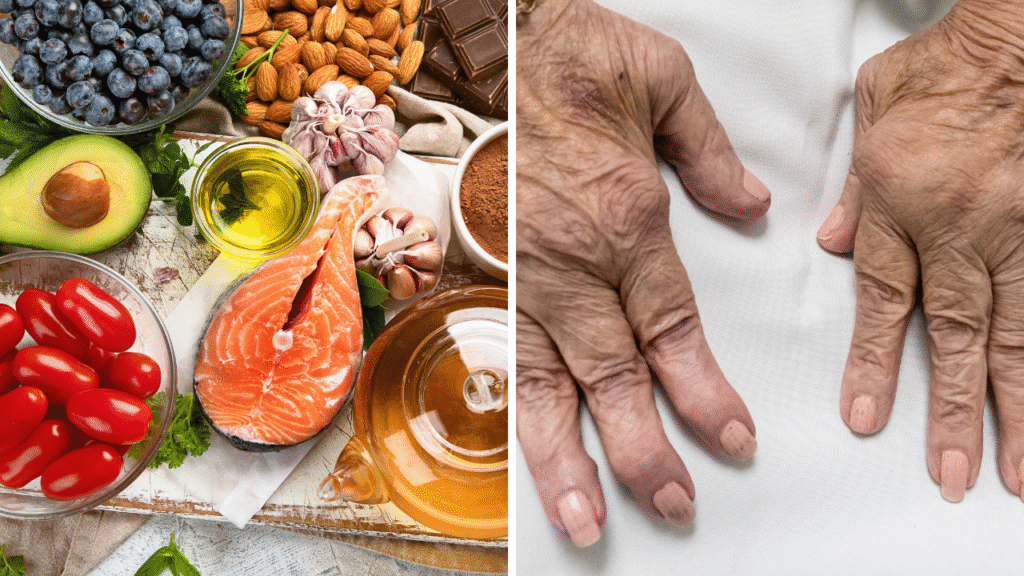
Improving overall health and wellness can result in more energy, a better mood, and a lower risk of chronic diseases. People can enhance their physical and mental well-being by incorporating healthy lifestyle practices like consistent exercise, a balanced diet, and stress reduction.
Furthermore, good health can increase productivity and a higher quality of life. Improving overall health and wellness can lower the risk of developing chronic diseases, increase longevity, promote a positive outlook, and foster stronger interpersonal relationships.
Here are 13 tried-and-true methods for improving your overall health and wellness
1. Get enough sleep
Our bodies require adequate sleep and rest to heal and replenish energy. In addition, sleeping enough regulates hormones that are directly related to our mood and emotions. An adult body requires approximately 6 to 7 hours of sleep daily, so get enough rest. To get enough sleep, keep a consistent sleep schedule, avoid caffeine and other stimulants late in the day, and develop a relaxing bedtime routine.
2. Eat a Healthy Diet:
Experts in health and wellness advise people to eat plenty of fruits and vegetables, nuts, and lentils to strengthen their hearts and to avoid caffeine, sugar, and processed foods. A healthy diet should include a variety of nutritious foods such as protein, carbohydrates, and fats. A healthy and balanced diet and nutrition are also necessary for a healthy inner system. People should plan healthy meals and snacks, consume adequate protein, carbohydrates, and fats, and seek variety to create a healthy diet.
3. Deal with Stress:
It is critical to learn how to deal with stress wisely and effectively. To accomplish this, try to avoid stressful situations, identify the causes, and take action to improve your reaction, mood, and condition. For example, physical activity and exercise can increase blood flow, which raises oxygen levels and makes you feel more energetic, alert, and mentally active. Reduce stress by practicing relaxation techniques, limiting your time spent on electronics, and making time for activities.
4. Exercise Daily:
Sedentary behavior has been linked to various medical issues, so engaging in at least 150 minutes of moderate physical activity per week is critical. In addition, exercise helps to strengthen bones and muscles, which can help prevent injuries while working out or running errands. Therefore, creating a personalized exercise plan that includes both aerobic and strength training and time to stretch and rest is critical. It is also essential to schedule time for stretching and rest.
5. Build healthy habits.
Developing good habits can help us feel better and live longer. According to research, we can improve our ability to create and maintain a healthy lifestyle. Exercising regularly, getting enough sleep, and eating well are all important aspects of self-care. A healthy diet can help reduce depression and fatigue, improving overall mood. Exercising causes the brain to release endorphins, which make people feel happier and more relaxed. Adequate sleep improves concentration, productivity, emotional responses, and social interactions. According to scientists, adults should get 7 to 8 hours of uninterrupted sleep per night, while children should get 9 to 12 hours.
6. Expose Your Body to Sunlight:
Not getting enough vitamin D can lead to seasonal affective disorder (SAD) and make your brain less productive.
Spend time in the sun and put on sunscreen to keep from getting sunburned.
7. Find a healthy weight.
Maintaining a healthy weight can help lower your risk of heart disease, type 2 diabetes, and certain cancers. Record your daily food intake and physical activity, weigh yourself daily or at least once a week, set specific goals, and be realistic about your time and abilities to achieve your weight loss goals.
Learn more
8. Stay Away from Smoking and Alcohol:
To live a healthy life, stop drinking and smoking, regardless of how much you spend on health. If you keep doing this, your efforts will be futile.
9. Be Social as Much as You Can:
Isolation and a lack of communication are two leading causes of depression and other mental and physical illnesses. Spending time with and socializing with friends is essential to stay healthy. Contact with others reduces stress, and laughter therapy can also help. Everyone requires acceptance and friendship, which can only be obtained through interaction.
10. Find and Practice New Hobbies:
Hobbies keep us busy and engaged, improving our emotional well-being and removing the stress of work and daily life from our minds. It also helps to strengthen our brains and improves our mood.
11. Learn to Live in the Present:
Negative self-talk can cause mood swings, depression, and anxiety. Learning to live in the present rather than worrying about the future is critical to avoid this. In addition, negative self-talk can rob you of happiness and cause you to miss opportunities.
12. It’s Simple: Laugh and Enjoy!
Staying happy and laughing more is essential for living a fulfilling life. A study found that children laugh 200 times daily, while adults laugh only 15 times daily. Staying happy and laughing more is essential for living a fulfilling life.
13. Meditation
Meditation is becoming more popular as people learn about its benefits. It can boost awareness and mindfulness, reduce stress, improve symptoms of stress-related conditions, boost positive emotions, and improve a person’s ability to function in social situations. In addition, it’s a fun activity to do alone or as part of a family routine. Consider the advantages that your family could gain from meditating together.
Conclusion
Individuals can improve their physical and mental well-being, productivity, and quality of life by adopting healthy lifestyle habits such as regular exercise, balanced nutrition, and stress management. Exercise helps to strengthen bones and muscles, reduce depression and fatigue symptoms, and release endorphins. Exposure to sunlight can help reduce SAD and endorphins, and finding a healthy weight can help lower the risk of type 2 diabetes, heart disease, and certain cancers. Record daily food intake and physical activity, weigh yourself daily, set specific goals, stay away from smoking and alcohol, be social, find and practice new hobbies, learn to live in the present moment, laugh and enjoy, and meditate.




